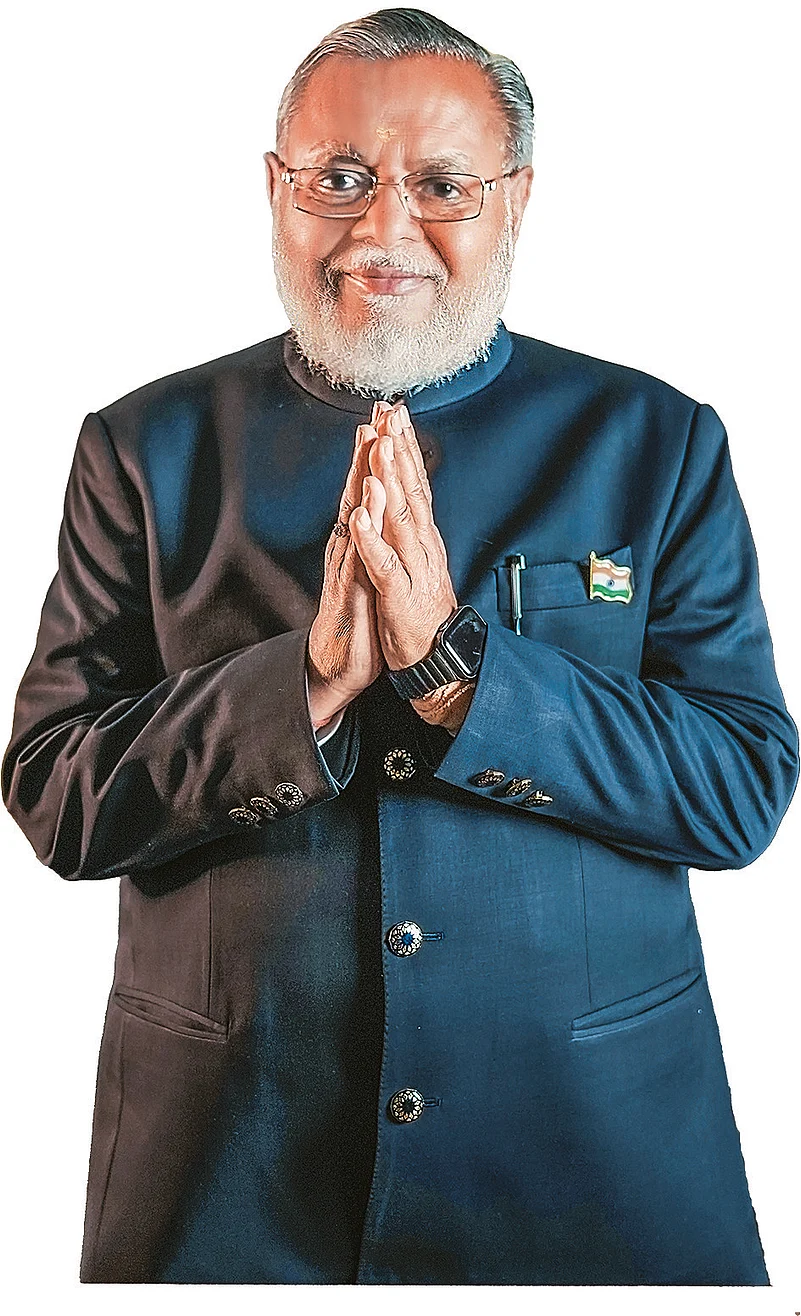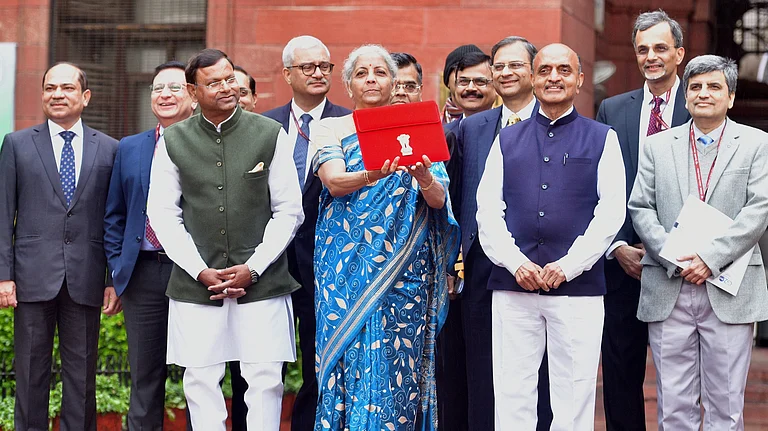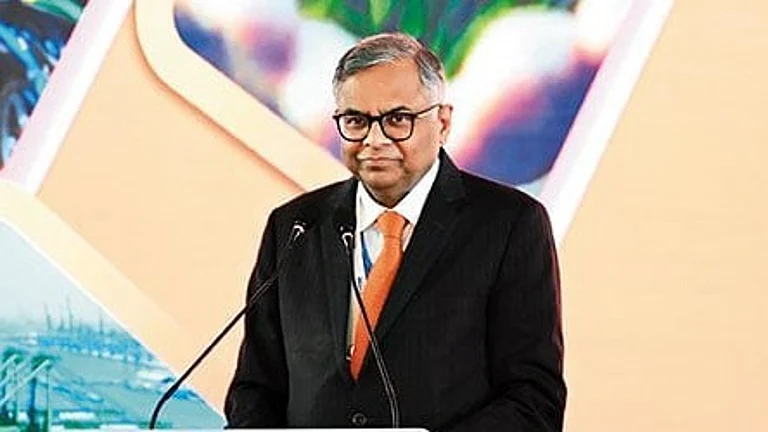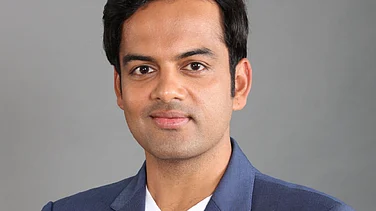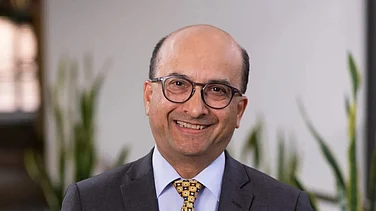What kind of challenges do you see to the crop protection chemical industry in India?
Crop protection chemicals play the role of insurance for our crops. All of us know about the Bengal famine – paddy fields were damaged by the brown leaf spot disease and millions died of hunger. We, not only have to feed the population of 1.75 billion by 2050, but we have to provide nutritious food. So, we have to increase the production. Agrochemicals play a crucial role in increasing food production. So far, no agrochemical has been developed (in India) and all agrochemical technologies have come from outside the country, researched by MNCs. Today, the research cost of one new molecule ranges between Rs. 2,500 and Rs. 3,000 crores and it takes 8-10 years for a new Crop Protection Chemical (CPC) to be made available to the farmers.
What is needed for the industry to serve farmers better?
As I mentioned, apart from patents protection, there is need for data protection because a pesticide marketed in India needs to be backed by data in Indian conditions. So, the Ministry of Agriculture & Farmers’ Welfare, which provides registration, should consider how to expedite the registration of new pesticides, particularly keeping in mind the impact of climate change due to which new exotic pests are invading our crops. These (pests) are getting resistant to available pesticides. To control that, you need new pesticides. I’d like to share that patents are protection is for a new CPC in the country and that the manufacturer has to generate data on the molecule, the cost of which is between Rs. 30 and 40 crores. We need an overhaul of the present system and need to develop a new system. There are around 1,200 pesticides in the world. But only 330 pesticides are registered so far in India – of which many are outdated and many are banned. So, farmers have limited choice. It is worth noting that there prevails a parallel market of smuggled, counterfeit and substandard pesticides. We have given evidence to the government many times, but still proper actions have not been taken against the miscreants.
How useful is the PPP model in agriculture extension?
The PPP model is very effective. Our company did the first PPP in Hoshangabad with the government of Madhya Pradesh where the yield increased by 40 per cent in three years. This has been documented by the National Institute of Agricultural Extension Management (MANAGE). While presenting the budget in 2008, P Chidambaram, the then finance minister said our “extension system has collapsed.” Today the farmer is not getting new technology. Only private companies are working in this space. It’s not easy to reach 14 Crore farmer families residing in And it not easy for any one to reach all 6.5 lakh villages of the country. Wherever we are reaching and transferring the new technology, their (farmers) income is increasing. The real growth is poised to come from with PPP model as we have a lot of unexplored potential in the agricultural landscape. If government extension system of transfer of technology is not successful, then they should support the private sector.






